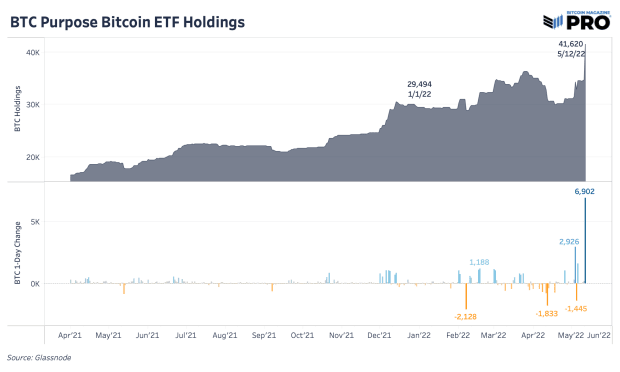Afghans Turn To Bitcoin Stability After Taliban Takeover
Bitcoin adoption in Afghanistan has increased as citizens seek stability in the face of cash shortages and rising prices after Taliban takeover.
Afghans have been resorting to bitcoin for storing and exchanging value since the Taliban took over control of most of the country. On August 15, hundreds of residents of Kabul, the country’s capital, rushed to banks to withdraw money as Taliban fighters took over the city demanding the government’s surrender – but only to hit a brick wall. Cash shortages, intense restrictions, and an ever-devaluing local currency have pushed Afghans to seek alternatives and find bitcoin.
“A nation-wide cash shortage, closed borders, a local currency touching record lows, and rapidly rising prices of basic goods; that’s why some Afghans I spoke to are turning to cryptocurrencies like bitcoin,” said MacKenzie Sigalos from CNBC.
Cryptocurrencies have been the most sought-after solution, given their digital nature, for those who seek some monetary sovereignty to flee the country, according to CNBC and data from Chainalysis. Some Afghans have chosen to adopt bitcoin to safeguard their money, build and preserve wealth, and achieve high sovereignty to flee the country with their savings. Others have been gambling on cryptocurrencies, desperately seeking to increase their income during Afghanistan’s current crisis.
Afghanistan has seen increased bitcoin adoption despite significant barriers its citizens often face, including limited access to the internet and frequent power outages. Among the 154 countries analyzed by Chainalysis’ global bitcoin adoption index 2021, Afghanistan ranked in the 20th position. The index, which considers each country’s purchasing power parity (PPP) per capita as a weighting factor, accounts mainly for bitcoin usage by ordinary people rather than institutional and professional players. In peer-to-peer trading terms, Afghanistan ranked even higher, figuring in the seventh position.
Over time, Bitcoin can better preserve value and increase purchasing power than national fiat currencies and other cryptocurrencies. With a limited supply and a predictable monetary policy, the world’s only peer-to-peer electronic cash is uniquely positioned to empower the unbanked, those under authoritarian regimes, and those facing unfavorable economic policies and currency debasement. As Afghans are denied access to their rightful fiat savings due to cash shortages, some have already started getting up to speed with bitcoin, allocating their family savings to the most tangible form of money they can access. Bitcoin is the definitive answer to help them secure financial sovereignty and preserve wealth for generations to come.









